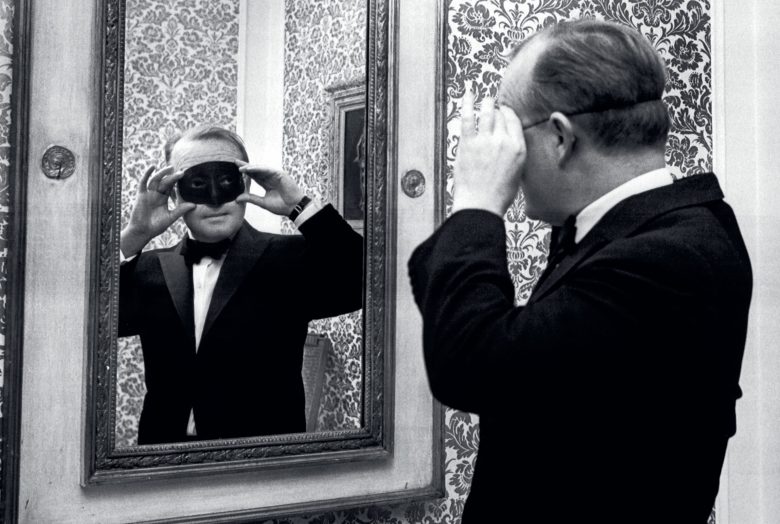Virginia Woolf (1882–1941) was one of the twentieth century’s most significant modernist writers. Born into a wealthy, privileged, intellectual household, she benefited from university study, connected with influential women’s rights activists and had strong family support throughout her writing career. Famed for that ‘stream of consciousness’ technique that seeks to reproduce the passing thoughts of the narrator, Woolf’s non-fiction has also attracted great interest as groundbreaking feminist polemic.
A Room of One’s Own (1929), Woolf’s most celebrated work of criticism, grew out of a series of lectures she gave in 1928, the year when the UK Parliament granted the right to vote to all adults over the age of 21. This context of production is significant; despite the equalisation of the franchise suggesting social and cultural progress, Woolf still defines England as a ‘patriarchy’.
Your organisation does not have access to this article.
Sign up today to give your students the edge they need to achieve their best grades with subject expertise
Subscribe




